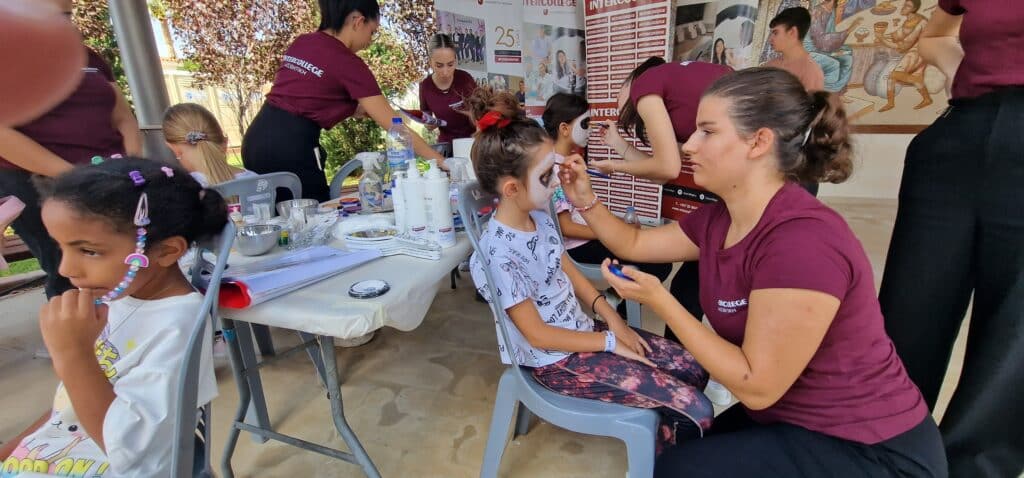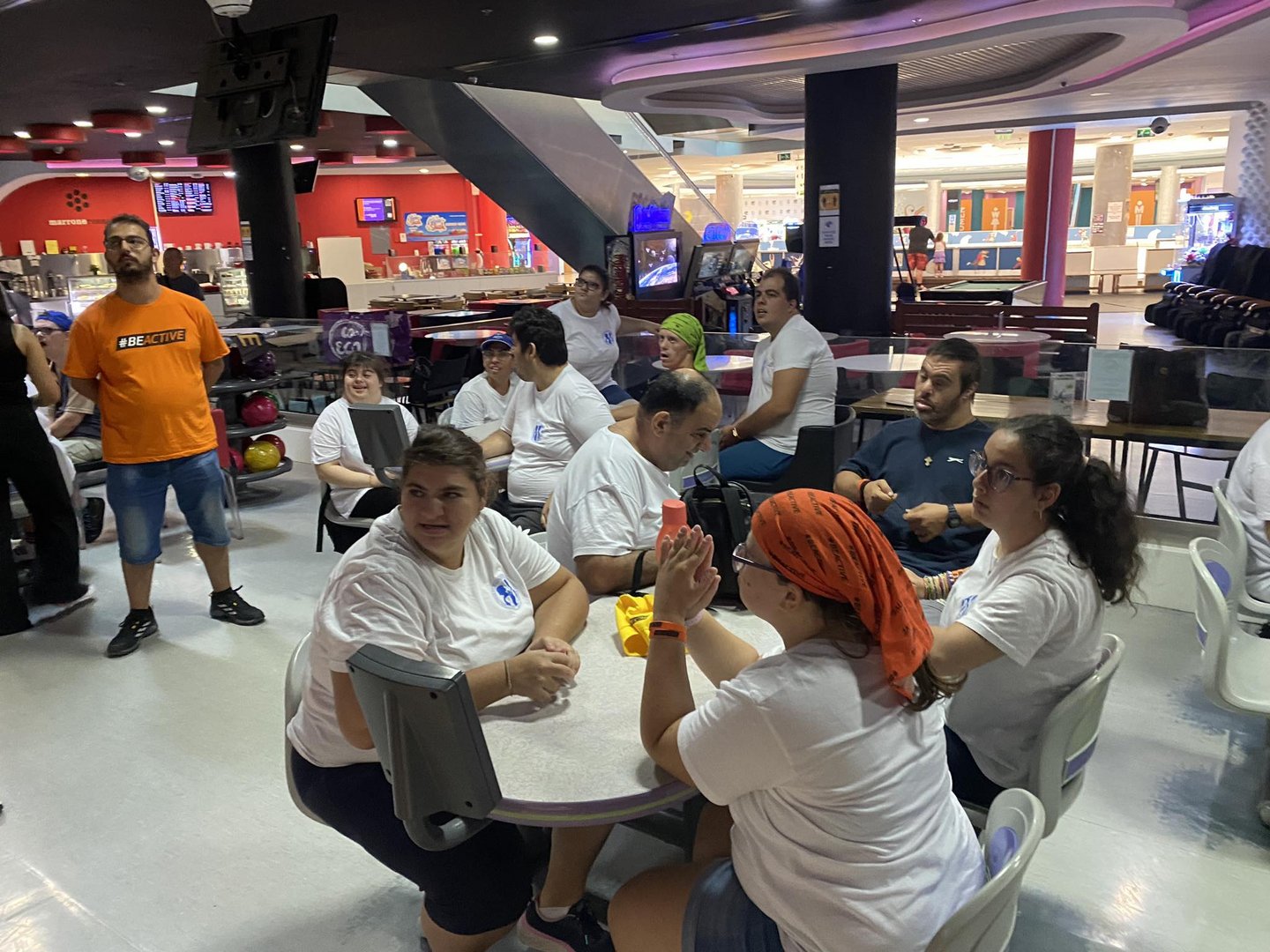Fear is not a thing of the past
Cyprus may have made great strides in how it treats people with disabilities, but the horrors experienced by people with special needs are not yet a thing of the past.
“People are still locked in their homes and not allowed to go out. That’s still happening,” explains Iakovos Valanides, president of the Association of Parents and Friends of Children with Disabilities.
He said the country has come a long way and although the phenomenon is not as widespread as it once was, certain villages, mainly in Paphos, still harbour stronger taboos that many across the island have overcome.
“There is still a long way to go,” he told the Cyprus Mail.
Sensitivities surrounding this topic are multi-layered. People interviewed for this article have different opinions on the use of language. Some find the term “special needs” offensive and prefer the word “disability,” while others see nothing wrong with either.
Radiomarathon, Cyprus’ largest NGO and a long-time voice in addressing issues surrounding people with disabilities, uses the term “special needs.” Kisoa, an association of disability organizations, says the term is absolutely abhorrent, as it paints a picture of people always needing money, support and dependency, when in fact many people are able to be independent.
Indeed, the fact that this discussion is taking place is still a major step forward for an island where 40 years ago, so-called “mentally disabled” children were deeply shamed by their families and often kept locked away at home, said Evansia Papasava, who worked as a social worker for decades and now sits on the management committee of Radio Marathon.
“Things were very difficult back then. Many parents hid their children, especially in rural areas. Forty years ago, having a child with a disability was considered shameful.”
The prejudices of the time, she adds, were beyond what we can adequately imagine today: “No one would marry a woman who had a ‘mentally disabled’ brother. It was unthinkable.”
As a result, many were confined to their homes and hidden from view.
Papasava maintains that it has been a long and hard battle to get to where it is today, but it is by no means perfect. She recalls how Radio Marathon has given voice to people with disabilities, battling social taboos and breaking down prejudice against them.
“If I sat in a cafe with a child with special needs, the people sitting at the table next to me would get up and leave.”
“Now a lot of the work is done, they’re in school, many of them have jobs. All they need is an opportunity.”
“The situation was dire,” Valanides said, recalling when he founded the association in the 1990s.
“There were no assistance programs and there were two agencies in Limassol.”
What Varinides aimed for, and what he achieved, was a day centre where people could leave their children for a few hours, receive as much support as possible, and stay home with them afterwards while the parents went to work.
The aim was to remove people from the “out of sight, out of mind” mentality behind institutionalisation.
Currently, a lot of progress has been made in developing infrastructure and centres and places where families can go together can play a big role in breaking the taboo.
He argues that Paphos leaves much to be desired.

Providing infrastructure opportunities could go a long way in breaking down taboos (Image: Radio Marathon)
Papasava’s poignant statement was that “disabled people can now wear decent clothes” because many now have access to financial support from the state. Previously, he explained, many lacked the money and opportunities to buy decent clothes, which contributed to a “depressed image” and marginalised people with disabilities.
Papasava said one issue that now needs to be addressed is increased government support to cover the costs of treatment abroad, which he noted is limited and often falls to NGOs such as Radio Marathon to help.
Valanides stresses that one of the biggest issues plaguing parents and caregivers is the fear of what will happen to their children when a parent dies.
“The infrastructure for that isn’t in place.”
As things stand, most of these people will end up in nursing homes or institutions unless someone in their family takes responsibility.
Christakis Nikolaides, president of Kisoa, points out that the very word “institution” is already highly problematic and should be left a thing of the past “where it belongs”.
“People with disabilities don’t need anyone’s sympathy. They want the same human rights as everyone else.”
Papasava said he was aware that there were opinions such as “autism doesn’t exist” but denied them, stressing that “science is progressing. This kind of language is nonsense and people exaggerate it to make themselves look smarter.”
She explains that in her work, there are many different issues people with disabilities face and difficulties they may experience in their daily lives, and “prejudice from others should not be one of them,” she adds.
“We all have to love and accept these children. You never know what fate awaits you. One day you too may have a child with special needs. Rejection is the worst thing a child can face.”

